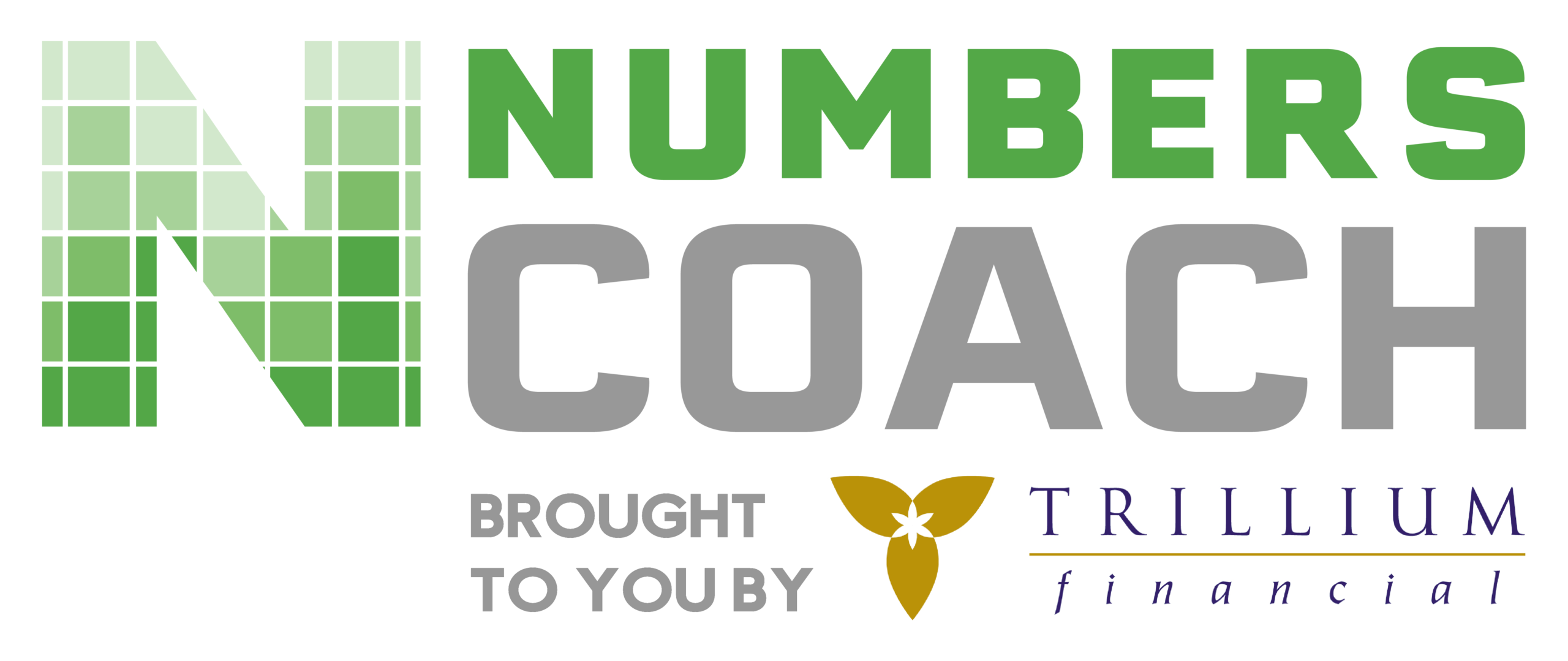by Anne Moore Odell
In economic boom times, companies often put their marketing efforts on autopilot. In the current recession, business owners can’t afford to spend money on ad space reflexively. For savvy companies, the downturn is an opportunity to re-examine their marketing strategies, think through what works and why, and make more meaningful connections with new and loyal customers while supporting sales efforts.
“Focus on customers and markets that absolutely need your product and service to survive and your marketing message should be in that context, “says Chris Lambrecht, Lead Consultant, Intelligent Marketing Solutions, based in Atlanta. “One should be focused on building long-term relationships and the objective should not necessarily be to sell.”
Retaining your current clients is important—they may be buying less or even taking a break from buying, but that doesn’t mean they are no longer loyal. Keep them in the loop so that when the economy turns up again, you are still the first business they call. Statistics show that it still costs five to ten times less to retain a customer than to acquire a new one.
“Just like in many markets, it’s easier and less expensive to gain market share today that it will be after the economy turns,” concludes Lambrecht.
“Look at different ways to expand the relationship with your existing customers,” says Mike Iverson, CEO of Trillium Financial. “That’s true in all economies. Today I hear people saying their customers are looking at ways to cut their cuts, but they can’t really cut costs. What extra value can they add such as bundling products or offerring two for one?”
You also need to study what is happening across markets so you can keep your existing clients and acquire new ones.
Bernadette Peters, CEO, Natural Marketing Services in Atlanta, GA says “Re-evaluate your target market. Many Nordstrom customers are shopping at Target. Target shoppers are going to Wal-Mart. Wal-Mart’s customers may be buying less. This downgrading makes all businesses have a new target market with different demographics, buying behaviors and characteristics.”
Marketing needs to reflect that the economy and spending habits have changed. Peters says that many successful marketing strategies tap into the “return to core values” that a recessions tend to cause. These include family, peace of mind, more leisure time, connecting with friends, philanthropy, and life’s little pleasures and rewards.
Your marketing message should reflect this change, telling clients about their short-term or long-term cost savings.
Another strategic plan that Peters suggests is to provide a taste or smaller portion of your products or services in order to build trust on a low-risk level with new customers.
“Don’t throw the baby out with the bathwater, but hold your marketing staff accountable to do their due diligence on their new target market, and leverage existing relationships first,” says Peters.
In this economic environment, Iverson recommends making sure “that you include everyone in the thought process regarding what can help improve the bottom line of a business.”
Suggestion boxes, monthly contests, and rewards can get everyone in the business involved with finding for the best marketing or cost saving ideas, and at the same time, help build company morale. Ideas flow up from the bottom as well down from the top.
“Make sure that everyone in the organization has a clear understanding of what your business does and then they can each be a walking billboard among their circle of influence,” suggests Iverson.
Peters adds, “Don’t hold back on investing in marketing and advertising just to save money. Media costs are lower than ever. There are fewer competitors out there marketing for the same reason. Again, hold your team accountable to evaluate the marketing channel, include the right messaging for this new economy, and test on a small scale to reduce risk and track results.”
